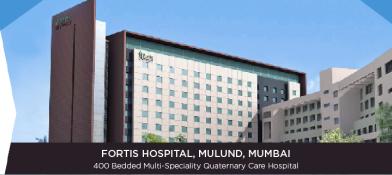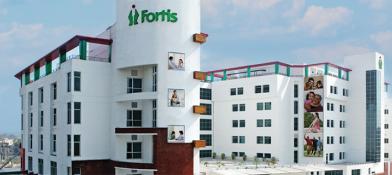Nephrectomy (kidney removal)
Nephrectomy (nuh-FREK-tuh-me) is a surgical procedure to remove all or part of a kidney:Complete nephrectomy: During a complete (radical) nephrectomy, the surgeon removes the entire kidney.Partial nephrectomy: In a partial nephrectomy, the surgeon removes only the diseased tissue from a kidney and leaves the healthy tissue of teh kidney in place.A nephrectomy is most often done to treat kidney cancer or to remove a seriously damaged or diseased kidney. The surgeon may perform the procedure through a single large incision in the abdomen or side (open nephrectomy) or through a series of small incisions in the abdomen (laparoscopic nephrectomy).In a donor nephrectomy, the surgeon removes a healthy kidney for transplant into a person who needs a functioning kidney.






























